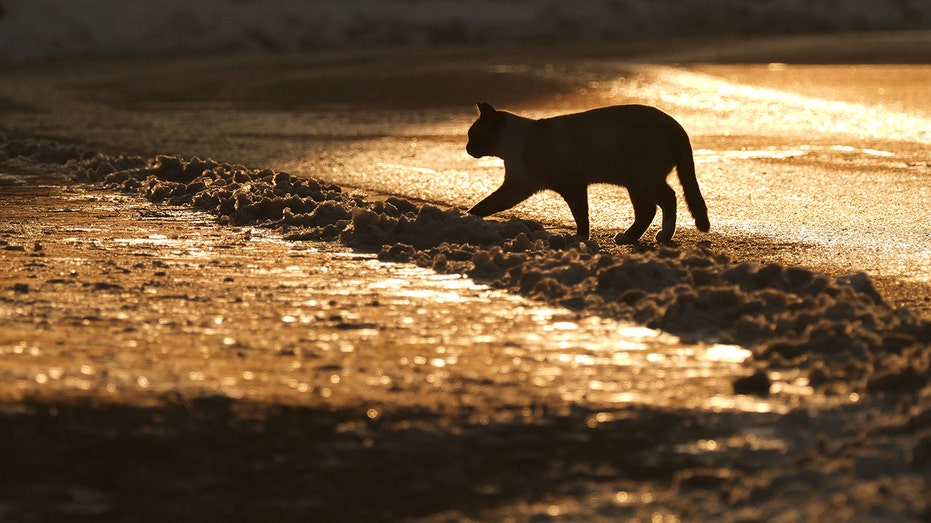The Kewanee Police Department announced on Facebook that the Kewanee City Pound will no longer accept feral cats “due to capacity constraints and resource limitations.” The decision to no longer accept feral cats was made after officers and animal control staff suffered injuries from feral cats. Even while using welding gloves, feral cats have bitten through the gloves and injured staff. Chief Kijanowski, Deputy Chief Minx, and City Manager Gary Bradley met with the Kewanee Animal Shelter, which included a discussion on feral cats, using the definition of a feral cat from Illinois Compiled Statutes. Illinois Compiled Statutes refer to feral cats as wild animals, and officers and animal control staff do not handle wild animals unless there is an emergency or an unusual circumstance. The Kewanee Police Department has seen an increase in the number of cats, especially feral cats, because of live trapping within city limits. Domestic cats that get loose or cats that roam the neighborhood, known as community cats, are not included in the refusal of feral cats. With a limit of 12 cats at the city pound, there may be a problem in the future with no space for domestic cats. However, the Kewanee Police Department and the Kewanee Humane Society will no doubt find a temporary solution to keep cats and staff safe.
The definition of a feral cat, according to the ILCS:
(510 ILCS 5/2.11b)
Sec. 2.11b. "Feral cat" means a cat that (i) is born in the wild or is the offspring of an owned or feral cat and is not socialized, (ii) is a formerly owned cat that has been abandoned and is no longer socialized, or (iii) lives on a farm.
(Source: P.A. 93-548, eff. 8-19-03; 94-639, eff. 8-22-05.)
(510 ILCS 5/35) Sec. 35. Liability. (a) Any municipality, political subdivision, or State university or community college allowing feral cat colonies and trap, sterilize, vaccinate for rabies, and return programs to help control cat overpopulation shall be immune from criminal liability and shall not be civilly liable, except for willful and wanton misconduct, for damages that may result from a feral cat. Any municipality or political subdivision allowing dog parks shall be immune from criminal liability and shall not be civilly liable, except for willful and wanton misconduct, for damages that may result from occurrences in the dog park. (b) Any veterinarian, animal shelter, or animal control facility who in good faith contacts the registered owner, agent, or caretaker of a microchipped animal shall be immune from criminal liability and shall not, as a result of his or her acts or omissions, except for willful and wanton misconduct, be liable for civil damages. (c) Any veterinarian who sterilizes feral cats and any feral cat caretaker who traps cats for a trap, sterilize, vaccinate for rabies, and return program shall be immune from criminal liability and shall not, as a result of his or her acts or omissions, except for willful and wanton misconduct, be liable for civil damages. (d) Any animal shelter or animal control facility worker who microchips an animal shall be immune from criminal liability and shall not, as a result of his or her acts or omissions, except for willful and wanton misconduct, be liable for civil damages.(Source: P.A. 101-295, eff. 8-9-19.)

